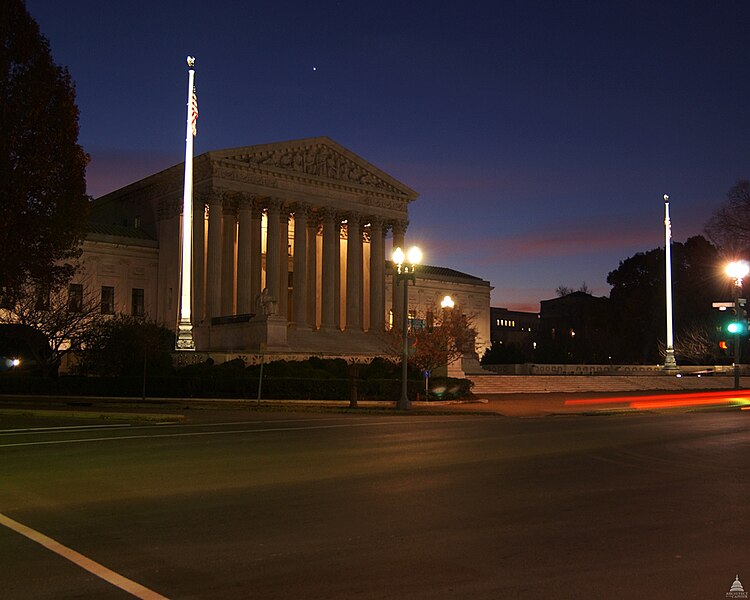- 14 3402-5578
- Rua Hygino Muzy Filho, 737, MARÍLIA - SP
- contato@latinoobservatory.org
 USCapitol
USCapitol
Debate is growing over the recent decision by the U.S. Supreme Court to strike down the use of race as a factor in admissions to Harvard University and the University of North Carolina. A story in The Hill argues that this decision will have a negative impact on Latinos, the nation’s largest racial/ethnic minority group, limiting their ability to access selective colleges and gain economic mobility.
The text disputes the assertion that race/ethnic origin is the only factor considered in admissions, noting that colleges also evaluate other aspects, such as geographic location, extracurricular activities, gender and family connections with the institution. Moreover, the Supreme Court's decision goes against decades of precedent, as there have been previous cases in which the court has allowed the use of race in college admissions. The decision thus appears to be linked to a partisan lawsuit coming from a court with low public esteem and embroiled in ethical scandals, according to the publication.
And it emphasizes the impact of the decision on Latinos, since they represent a significant portion of the future student population and who will have more difficulty accessing prestigious higher education institutions. A 2017 New York Times analysis indicates the decrease in the representation of Latinos at top colleges over time, even with affirmative action.
According to The Hill’s publication, the decision goes against public opinion, citing a 2022 poll that indicates a majority of Americans and an even higher percentage of Latinos support affirmative action. Latino advocacy groups are mentioned as supporters of affirmative action, recognizing it as a way to combat systemic inequality.
“Affirmative action is, perhaps, an imperfect tool to help narrow the educational attainment gap between whites and Latinos. Yet it is a necessary one. Consider that in California, after a 1996 ballot initiative banned affirmative action in education, Latinos and other students of color suffered. Following the ban, more students of color enrolled at less selective institutions and were less likely to get college degrees, graduate degrees, or jobs in the STEM fields. And in court briefs, Harvard argued that taking race out of its admissions process would reduce enrollment of Latino students at the school from 14 percent to 9 percent”.
In this context, Judge Sonia Sotomayor’s dissenting viewpoint argues that ignoring race will not equalize a racially unequal society and defends affirmative action as an imperfect but necessary tool to close the education gap between whites and Latinos. It criticizes the Supreme Court for preventing Latinos from accessing the educational advantages they themselves enjoy, especially considering that the court's conservative judges have Ivy League degrees.











